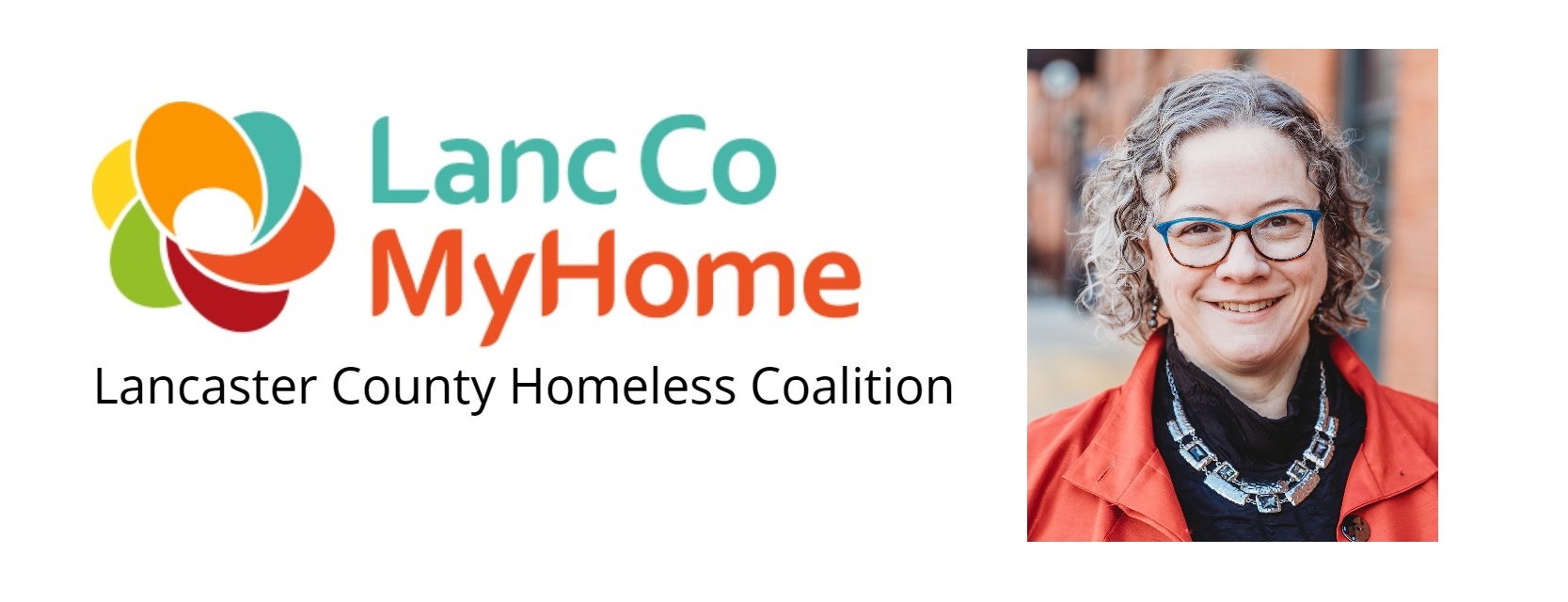
Editor's note: This article is part of One United Lancaster's Responding to Covid series. Quoted material has been edited for length and clarity.)
Jennifer Koppel is executive director of Lanc Co MyHome, the Lancaster County Homeless Coalition. Her organization knew it had to act quickly in the pandemic's early days:
Koppel: We worked with (Lancaster city government) to put out portable bathrooms and handwashing stations. We collaborated with the Parish Resource Council and some downtown churches to make sure meals were deployed. We expanded our outreach team and worked hard to get out information on the virus. We handed out hand sanitizer and tissues and masks.
I think our folks were scared. ... It's hard to live on the streets in the first place. Everyone was feeling afraid of the disease, including our folks.
 The coalition partnered with the nonprofit Rebel Cause to launch a new day shelter and Lancaster city's first new overnight shelter in more than a decade. It also set up a quarantine site for homeless individuals with a Covid infection, or who are awaiting a Covid test result.
The coalition partnered with the nonprofit Rebel Cause to launch a new day shelter and Lancaster city's first new overnight shelter in more than a decade. It also set up a quarantine site for homeless individuals with a Covid infection, or who are awaiting a Covid test result.
Koppel: The pandemic completely changed how we work. We had to change how folks get intake at shelters. The street outreach team is still in person, but it looks different because you're masked and you're standing far apart. You have to figure out how to do your job in these new conditions.
The biggest changes were around intakes to shelter and how we get people services. For Water Street Mission, they only do intakes once a week, and there's a quarantine immediately.
There have been a number of times we've had to lock down a shelter, which means that we're not taking new intakes because there was a Covid exposure, and we want to make sure that everybody's safe and gets tested.
Last September, the U.S. Centers for Disease Control & Prevention issued a nationwide eviction moratorium, saying that forcing families to double up or spend time in homeless shelters risked contributing to the spread of the coronavirus. Advocates say that without the CDC's action, millions of families could have been put out on the streets.
Late last year, the moratorium was extended to March 31. Currently, that it is when it is set to expire, although the CDC has filed a proposal with the Office of Management & Budget, an action that indicates it could be extended.
Koppel: We've had capacity at shelters. Depending on the weather, they've been around 50% to 60% occupied. I think that's an indication that the moratoriums are working. ...
What's happening to the folks experiencing homelessness is a lot more complicated than it appears on the surface. ... We're seeing an increase in substance use. When you're under the throes of your addiction, you're not going to come inside. It's the same with mental health. If your mental health delusions are so fixated that you think you're not homeless, you're not going to come inside.
The CDC's moratorium does not extend to utilities: Pennsylvania enacted a shutoff moratorium, but is allowing shutoffs to resume beginning April 1.
In Lancaster County, individuals who need help paying rent or utilities because of Covid-19 related income losses can apply to the Emergency Rental Assistance Program.
Promoting vaccination
Koppel: I certainly hope we can get our folks vaccinated. There might be a reason to make sure we have the one-shot vaccine, as opposed to the two-shot, but we'll take whatever we can get.
We'll have to do some outreach ahead of time, to educate them on the side effects and get them in the same place everyone else is. We've been working with Alice's team (Alice Yoder heads the Vaccine Lancaster Access & Equity Committee) to get some information out, flyers or pamphlets. We've been talking about a mobile or pop-up clinic.
It's hard to know what'll happen when we get back to a level of normal, whatever that looks like. What kind of housing is going to be available? ...
We have the new Emergency Rental Assistance Program. There's a lot of money in that, and it's going to keep a lot of people housed. But what happens when that money goes away and the systems are the same?





